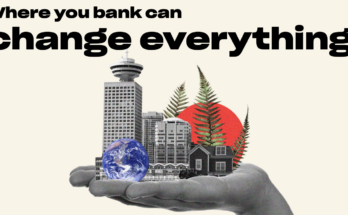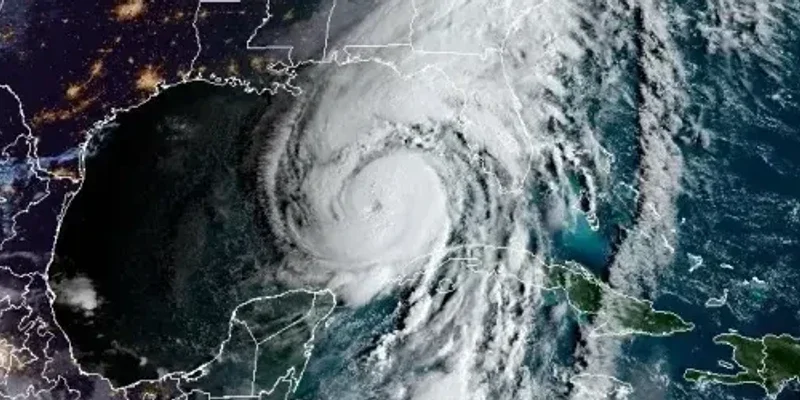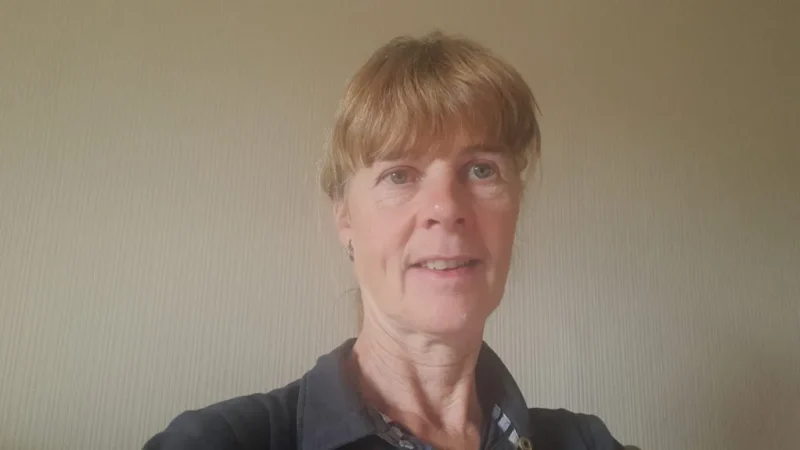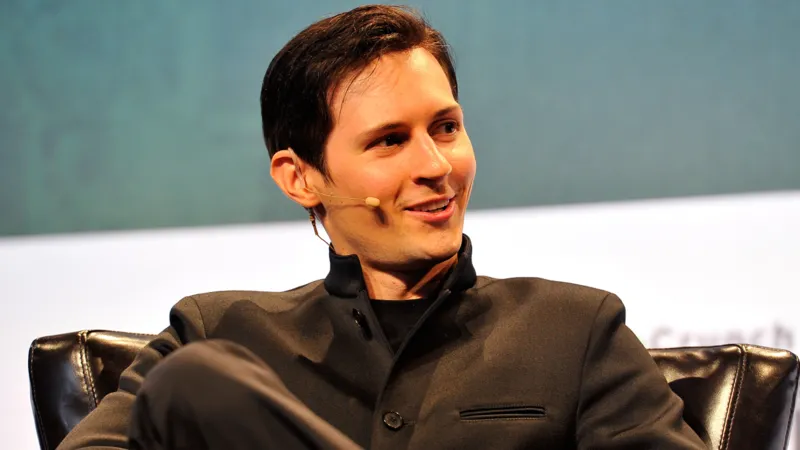Don’t bank on size

Credit unions are huge in Canada. Guy Dauncey explains why the UK government might look to the world’s second-largest country to guide its bid for a more cooperative economy.
2022 was a very good year for the world’s bankers. Between them, they realised $1.3 trillion in profits and a 12% return on equity. That’s $162 for each of the world’s 8 billion people – but that’s not who the profits went to. Instead, most were distributed to the banks’ shareholders. During the pandemic, the world’s 2,755 billionaires increased their collective wealth to $13.1 trillion, some doubtless from their bank shares.
At the same time, since the Paris Climate Conference in 2015, 60 of those banks have lent $6.9 trillion to the fossil fuel industry, $3.3 trillion of which financed expansion, pouring a huge amount of fuel onto the climate crisis. Is this a good way to run the world?
There is another way. It’s called a ‘Credit Union’, a financial cooperative in which the members themselves are the shareholders.
There is another way. It’s called a ‘Credit Union’, a financial cooperative in which the members themselves are the shareholders. There are also community and social purpose banks, but that’s for another day.
In the UK (population 69 million), where I lived until 1990, there are some 250 credit unions. They have 2 million members and £3.2 billion in assets. It sounds like a lot until you look at the numbers for British Columbia (population 5 million), where I live now, in Canada. We have 31 credit unions. Between them, they also have 2 million members, but they have $101 billion in assets, 30 times more than Britain, for a population 14 times smaller. In Canada (population 40 million), we have 392 credit unions, with 11 million members and $640 billion in assets.
Why such a difference? The answer lies within the British government’s regulations on banks that make it hard for credit unions to grow and maybe also to protect the oligopoly of the big four. For insights, I recommend The Bank of Dave, on Netflix. If the new Labour government wants to expand affordable credit access to far more people, they should hire someone to look at Canada’s banking rules and import them.
Still, they have a weakness: They depend on their members to vote yearly for their Boards of Directors.
Canada’s credit unions share their profits with their members, keeping the dollars within their communities. Still, they have a weakness: They depend on their members to vote yearly for their Boards of Directors. When this function atrophies, with very few members bothering to vote, the credit unions end up being run by weak directors who endorse their managers’ recommendations, who in turn begin to behave like the big banks.
To show what’s possible when members are alert, by contrast, consider Canada’s largest and most successful credit union, Vancity—founded in 1946 by 14 Vancouver change-makers who felt underserved by the traditional banks that would not lend in one of Vancouver’s poorer regions. It now has 570,000 members, 50 branches, 2,700 employees, and $35 billion in assets. It is the bank of choice for many people in Vancouver and the surrounding region. It offers a full range of financial services and so much more (see box – No short change). As they say in their motto: “Where you bank can change everything”.
The key to Vancity’s sustained success is its board of directors and its annual elections. It is the directors who set the tone and who make sure to hire progressive, forward-thinking managers who share their commitment to social and environmental progress. Every year, they invite members to apply to be directors, seeking out people who combine a solid track record of experience with progressive values. This April, 34,227 members voted to elect three new people to the 9-person board of 6 women and 3 men.
If the new Labour government wants to build community wealth and double the size of the cooperative economy, as it has pledged to, Angela Rayner (Secretary of State for Levelling Up, Housing and Communities) would do well to send someone to Vancouver, talk to Vancity, and bring its lessons back to Britain.



